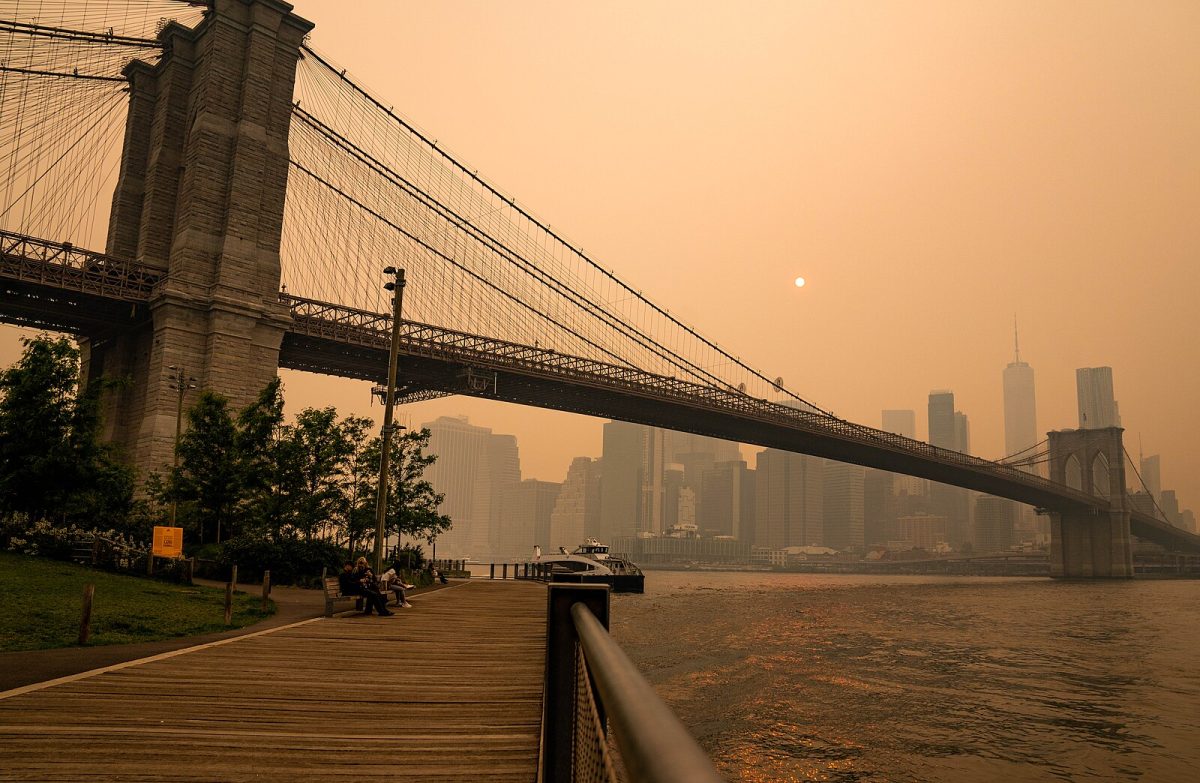Fires caused by drought are a wakeup call to care about climate change and overconsumption. Fires in areas across New York and the tri-state area around the same time as October’s drought are costly to the water supply, worsen the air quality and contribute to unhealthy environments for all residents.
October 2024 was reportedly the driest month in New York City history. The dry spell has caused hundreds of fires across the tri-state area, with the first rainfall of November bringing little relief.
Along Greenwood Lake in upstate New York, a 5,000-acre blaze is currently causing the evacuation of multiple households, displacement of wildlife, ruined air quality and has caused the death of one resident.
Between Oct. 29 and Nov. 12, 229 brush fires broke out across the five boroughs. In Brooklyn, a bush fire started in Prospect Park, burning two acres. It was suspected that the fire was started by a homeless encampment and further propelled by the drought.
While 85% of wildfires are caused by humans, droughts contribute to the difficulties of extinguishing fires. In addition, a study found that the intensity and frequency of fires doubled in the past 20 years due to a drier and hotter climate.
“When people think about climate change, they think about rising sea levels or catastrophic amounts of rain, but it manifests in a lot of ways,” Zach Iscol, New York City’s commissioner of emergency management, said.
The series of fires across the northeast should not be normalized. The fires have created a noticeable decrease in air quality and have caused millions of people to fear for their safety.
Wildfire smoke contains various pollutants such as carbon monoxide, polycyclic aromatic hydrocarbons and particle pollution, all of which are threats to public health.
In addition, the drought watch is a warning to be aware of each individual’s water consumption and could lead to more serious water conservation declarations.
In response, Mayor Eric Adams announced a ban on grilling in the parks and encouraged residents to conserve water when possible.
It may be easy to brush off the fires and the drought as a temporary issue, but it is undoubtedly a warning to start being aware of climate change and its subsequent consequences.






